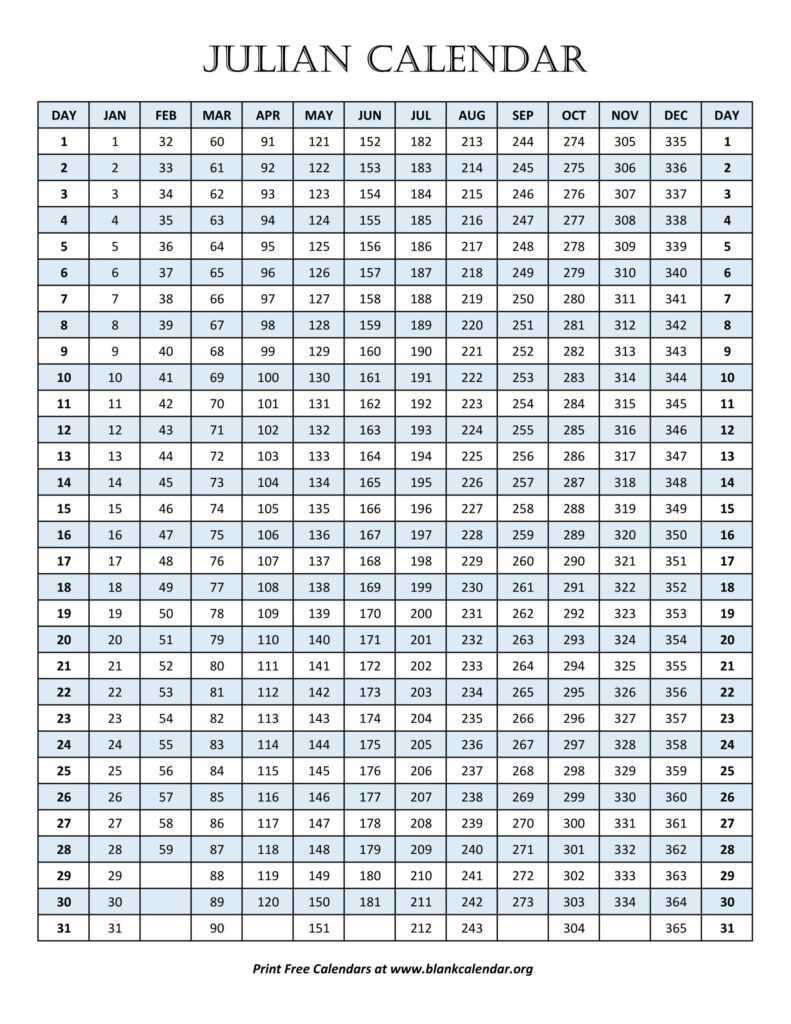The Julian calendar, introduced by Julius Caesar in 46 BC, was a reform of the Roman calendar. It was a solar calendar that closely approximated the tropical year. The Julian calendar has 365 days divided into 12 months, with an additional day added every four years to account for the extra quarter of a day in the solar year. This additional day is known as a leap day and occurs on February 29th in leap years.
To determine today’s Julian calendar date, you can use a Julian day calculator or follow a specific formula. The formula involves calculating the number of days since January 1, 4713 BC, which is considered day 0 in the Julian calendar. By adding the current Julian day number to this base date, you can find today’s Julian calendar date. This method is commonly used by astronomers and historians for precise dating of historical events.
Today Julian Calendar Date
Conclusion
Today’s Julian calendar date provides a unique perspective on timekeeping and historical dating. By understanding the Julian calendar and its significance, you can appreciate the complexities of ancient calendars and the evolution of modern timekeeping systems. Whether for academic or personal interest, exploring the Julian calendar can offer insights into our shared history and the intricacies of measuring time.
